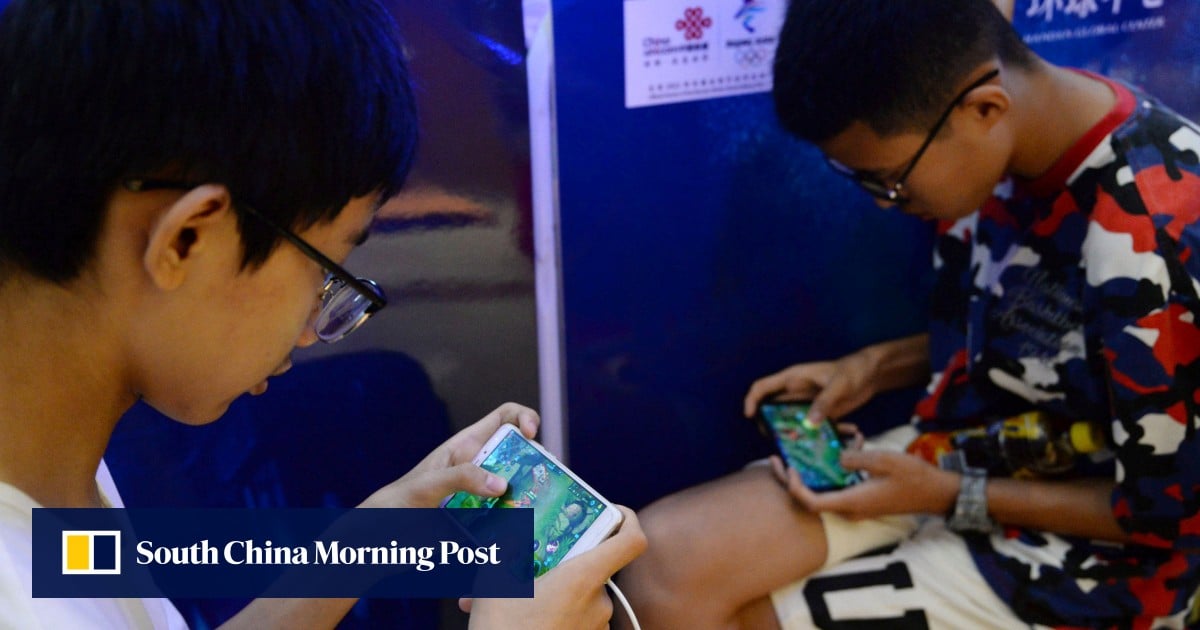Summary of proposed limits by Twitter user @Orikron
🇨🇳 China is set to limit the amount of time children spend on the internet:
16 to 18 - 2 hours
8 to 16 - 1 hour
Under 8 - 40 minutes
No internet access on children’s devices from 10pm-6am
Parents will be allowed to opt out of the time limits for their youngsters.
Edit: additional info from @qwename@lemmygrad.ml:
Parents can change default time limits
Reminder to rest every 30 minutes
Apps not subject to time limits include:
- Emergency-related (safety, emergency calling etc.)
- Approved educational apps
- Tools suitable for minors (image processing, calculator, measurement etc.)
- User-defined by parents
Full draft available in Chinese: http://www.cac.gov.cn/2023-08/02/c_1692541991073784.htm
Here’s the full draft in Chinese: http://www.cac.gov.cn/2023-08/02/c_1692541991073784.htm. It’s actual 40 minutes for “Under 8” and not 8 minutes. Here’s my own summary:
The proposed guidelines do not just affect smartphones, but all mobile smart devices for kids.
The proposed 5 age groups are:
- Under 3
- 3 to under 8
- 8 to under 12
- 12 to under 16
- 16 to under 18
Default time limits are (parents can exempt all time limits):
- under 8: 40 minutes
- 8 to under 16: 1 hour
- 16 to under 18: 2 hours
- Reminder to rest every 30 minutes
- No service to be provided to minors from 10PM to 6AM the next day
Apps not subject to time limits:
- emergency-related (safety, emergency calling etc.)
- approved educational apps
- tools suitable for minors (image processing, calculator, measurement etc.)
- User-defined by parents
Content providers are also required to provide age-based service under “minor mode”. You can find the recommendations for different age groups under the heading “五、移动互联网应用程序未成年人模式要求(一)基本要求”, it’s too long for me to translate.
There’s more information in the full draft, this proposed guidelines is basically a mix of parental controls and NSFM (NSFW but for minors, not safe for minors) requirements for content providers.
I saw a similar article posted on Reddit the other day and it was like twilight zone in the comments where almost everyone was saying that all parents should do this with their kids. I think it was centered around young children though. Still I think is shows that it’s almost unanimously agreed children should be safe guarded from the internet. lol.
Meanwhile is the west we have games made specifically to prey upon children and trick them into spending thousands from their parents credit cards and don’t get me started on the cesspool that is gaming streamers.
This is a great policy. This forces Chinese internet companies to provide ways to prevent youth digital addiction, unlike in the West where anything goes.
The parent opt-out policy is a good thing. Some youth may be under special circumstances (esports gamer, mobile developer, etc.).
I didn’t know that the youth gaming policy was also opt-out. Everyone in the west omitted that said that it was mandatory, and that seemed pretty over the top. Since both are opt out, this is a very reasonable policy.
One of the main complaints I’ve heard from kids in my area around 10 years and up is that banning them from the internet is essentially isolating them. Most families do not have home phones any longer, so their only way to communicate is often via online apps.
I think setting reasonable limits is important, but it may also be necessary to make sure children still have ways to socialize with other children regularly outside of school. Granted, I know nothing of how this works in China and maybe it’s a non-issue there.
I was talking to someone the other day about how hard it would be to raise kids with technology. Do you take the slot machine out of their pockets until they’re some arbitrary age? Will the good that does outweigh the harm of not being as socially connected as their peers?
The return of dumbphones might be a solution, but smartphones do so much (think GPS) and are required for so much that this has its own problems.
I am childfree but a lot of my close friends have kids now, and this is a huge topic of conversation for all of them. Working out how much time they spend on devices, what they do on the devices, etc. They don’t want to segregate their kids from learning important technologies at a young age, but neither do they want their kids to be online 24/7. I honestly don’t envy the situation.
I think these restrictions are honestly a pretty good baseline guideline.
I bet western media will just magically forget to mention that the parents have the final control over the system when they cover the story.
My kneejerk reaction would be that too many parents would just instantly opt-out for it to be effective, but the more I thought about it, the more I realised that a lot of people might just keep the default parameters. If I suddenly became a parent and didn’t have a good concept of what an appropriate amount of time would be, I might be inclined to keep the baseline restrictions. Even if they don’t, the government limitation could be good guidelines for them to base what they decide would work.
Seems like a good first step, 2 hours seems like plenty of time for high school students, at least during the week. I wouldn’t necessarily mind lighter restrictions on weekends, but that would probably fall under the purview of parental discretion. No live-streaming for under-16 seems like a no-brainer that should be adopted everywhere honestly.






